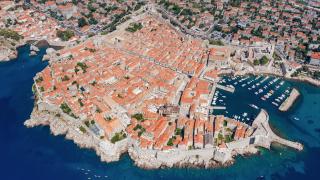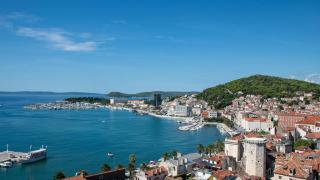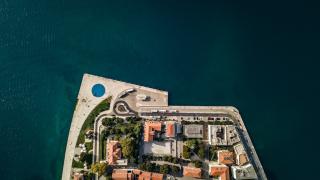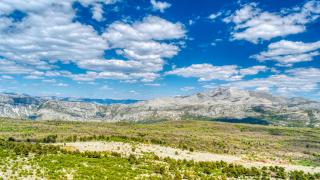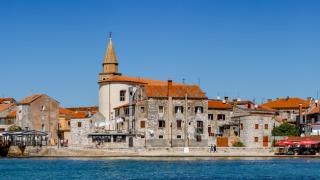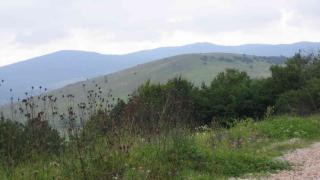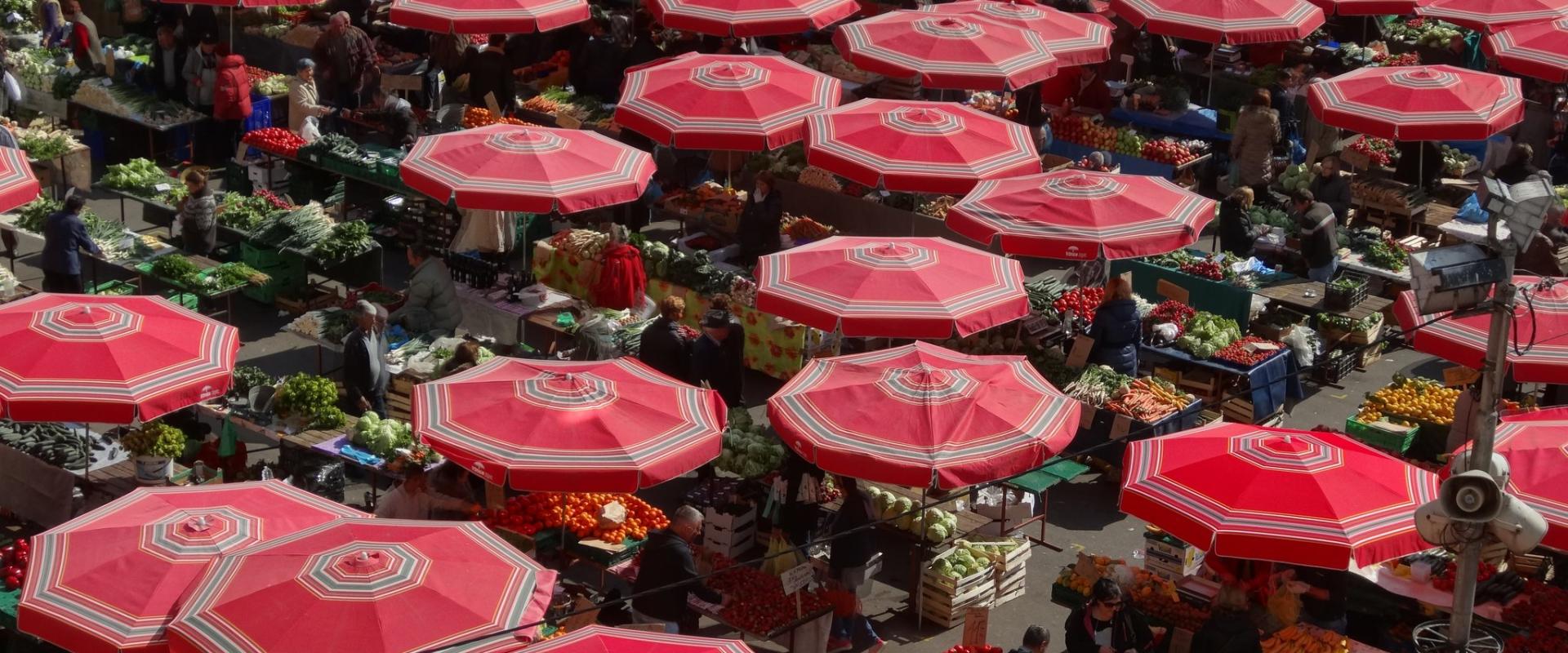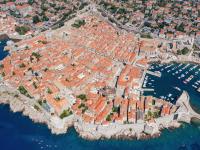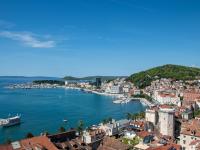Introduction
Local community engagement transforms ordinary travel into meaningful cultural exchange. Connecting with Croatian residents offers authentic insights beyond tourist attractions and creates lasting relationships.
Engaging with local communities involves:
- Participating in traditional festivals and events
- Shopping at neighborhood markets and family-owned stores
- Learning basic Croatian phrases for daily interactions
- Joining community-led tours and workshops
- Supporting local businesses and artisans
Croatian communities are known for their warm hospitality and welcoming attitude toward visitors. Many residents actively participate in home-dining experiences, craft demonstrations, and cultural workshops.
This guide provides practical strategies for meaningful local interactions, from finding community events to understanding cultural etiquette. Learn how to respectfully engage with residents while creating authentic travel experiences that benefit both visitors and communities.
Cultural Etiquette
When engaging with Croatian communities, observe these essential customs:
Basic Greetings
- Use 'Dobar dan' (good day) between 10:00-18:00
- 'Dobro jutro' for mornings, 'Dobra večer' for evenings
- Address older people with formal 'Vi' instead of informal 'ti'
Social Customs
- Remove shoes when entering homes
- Bring a small gift when invited (chocolates, coffee, or wine)
- Wait to be seated at gatherings
- Never refuse offered food or drink - it's considered impolite
Community Interaction
- Maintain eye contact during conversations
- Shake hands firmly when meeting someone
- Ask permission before taking photos of people
- Keep voice levels moderate in public spaces
Appropriate Behavior
- Dress modestly when visiting churches (cover shoulders and knees)
- Stand up when elderly enter the room
- Don't discuss politics or the 1990s war unless locals initiate
- Show respect for family traditions and religious customs
Gift-Giving Practices
- Avoid giving money as a gift
- Unwrap presents immediately when received
- Give an odd number of flowers (even numbers are for funerals)
- Local wine or handmade items are appreciated as gifts
Community Events
Croatian communities host vibrant events throughout the year that welcome visitor participation:
Weekly Markets
- Local produce markets run 7:00-13:00 in town squares
- Craft markets typically operate Friday-Sunday evenings
- Bring cash and reusable bags for purchases
Seasonal Festivals
- Spring wine festivals (April-May) feature local vintners and tastings from 15-20 EUR
- Summer fish festivals along coastal towns include communal cooking and folk music
- Autumn harvest celebrations showcase regional specialties and traditional dance
- Winter advent markets run December 1-January 6 in most town centers
Community Gatherings
- Town squares host evening social gatherings called 'špica' on weekends
- Local cultural centers offer Croatian language exchange meetups
- Community sports clubs welcome temporary members for volleyball and football
Finding Local Events
- Check municipal website event calendars
- Visit local tourist information centers for current schedules
- Join Facebook groups for specific towns and regions
- Look for event posters in cafes and community boards
Participation Tips
- Arrive 15-20 minutes early for community events
- Bring a small gift when invited to local gatherings
- Learn basic phrases for the specific event type
- Ask permission before photographing participants
- Register in advance for workshops and organized activities
Volunteer Opportunities
Local Organizations
- Volunteer Centre Zagreb coordinates short-term projects (2-4 weeks)
- Green Action Croatia offers environmental conservation programs
- Croatian Red Cross accepts international volunteers for 3-6 month commitments
Available Programs
- Community gardens and urban farming (April-October)
- Youth mentoring in local schools (September-June)
- Elder care support services (year-round)
- Cultural heritage preservation projects (seasonal)
- Beach and marine conservation (June-September)
Required Documentation
- Valid passport with 6 months validity
- Background check for youth/elderly programs
- Proof of health insurance coverage
- Croatian residence permit for stays over 90 days
Finding Legitimate Opportunities
- Register through Volunteer Centre Croatia's online platform
- Contact municipal volunteer coordinators directly
- Join local Facebook volunteer groups
- Check NGO websites for current projects
Time Commitments
- Short-term: 2-4 weeks minimum
- Medium-term: 3-6 months
- Long-term: 6-12 months
Contact Information
- Volunteer Centre Croatia: vcz@vcz.hr
- Green Action Croatia: zelena-akcija@zg.t-com.hr
- Croatian Red Cross: volunteering@hck.hr
Local Experiences
Home-stay Programs
- Family stays available through Authentic Croatia network (€45-60/night)
- Minimum 3-night stays with local families in rural villages
- Includes home-cooked meals and cultural orientation
Traditional Cooking Classes
- Daily sessions in Zagreb, Split, and Dubrovnik (€35-50 per class)
- 3-4 hour workshops teaching traditional Dalmatian dishes
- Small groups of 4-8 participants
- Includes market visits and recipe booklets
Agricultural Tourism
- Olive harvesting experiences on Hvar (September-November)
- Wine grape picking in Pelješac peninsula (August-October)
- Lavender field work in Hvar (June-July)
- Farm stays from €40/night including meals
Local Craft Workshops
- Lace-making in Pag (2-hour sessions, €25)
- Traditional pottery in Zagreb (3-hour workshops, €30)
- Glagolitic script classes in Krk (weekly sessions)
- Materials and tools provided
Community-Led Tours
- Village walking tours with local guides (€15-25 per person)
- Fishing trips with local fishermen (€40, 4-hour trips)
- Beekeeping demonstrations (€20, seasonal availability)
- Urban gardening projects in Zagreb (free, registration required)
Practical Tips
- Book experiences at least one week in advance
- Most activities require minimum 2-4 participants
- Transportation often included from town centers
- Many programs offer translation services
Conclusion
Meaningful community engagement in Croatia requires active participation and cultural sensitivity. Here are key strategies for lasting connections:
Best Practices Summary
- Join local Facebook groups to find community events (average 3-4 weekly activities)
- Partner with established organizations like Volunteer Centre Zagreb for structured involvement
- Participate in seasonal festivals and markets for natural interaction opportunities
- Learn basic Croatian phrases to show respect and build rapport
Additional Resources
- Community bulletin boards in local cafes list upcoming events
- Tourist offices provide monthly calendars of community gatherings
- Local libraries offer free cultural exchange programs
Final Tips
- Start small with 2-3 hour commitments before longer engagements
- Document experiences respectfully, always asking permission first
- Share contact information for maintaining relationships
- Give back through skills sharing or volunteer work
